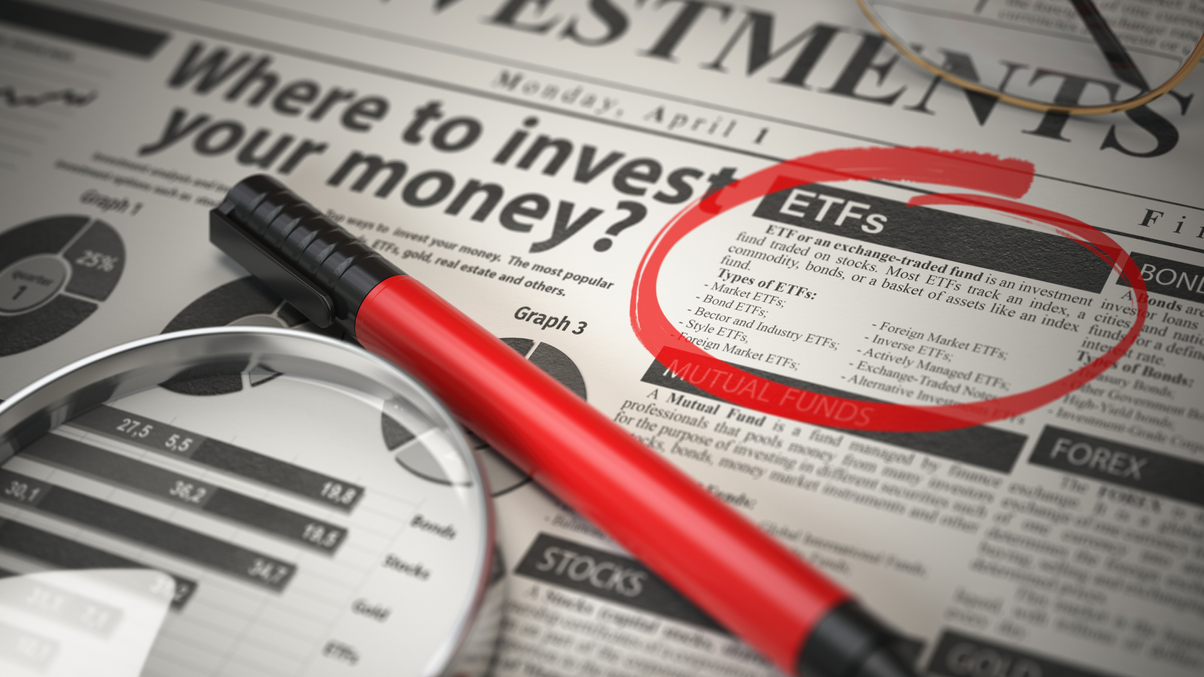How HK Housing Society, HK Electric view ETFs
Treasurers at both firms voice their firm belief in active management but acknowledge the cost benefits of ETFs and the impact they could yet have on active managers.

Despite the increasingly enthusiastic embrace of passive strategies by more sophisticated institutional investors in Asia, some venerable Hong Kong institutions remain sceptical.
Sign in to read on!
Registered users get 2 free articles in 30 days.
Subscribers have full unlimited access to AsianInvestor
Not signed up? New users get 2 free articles per month, plus a 7-day unlimited free trial.
¬ Haymarket Media Limited. All rights reserved.


